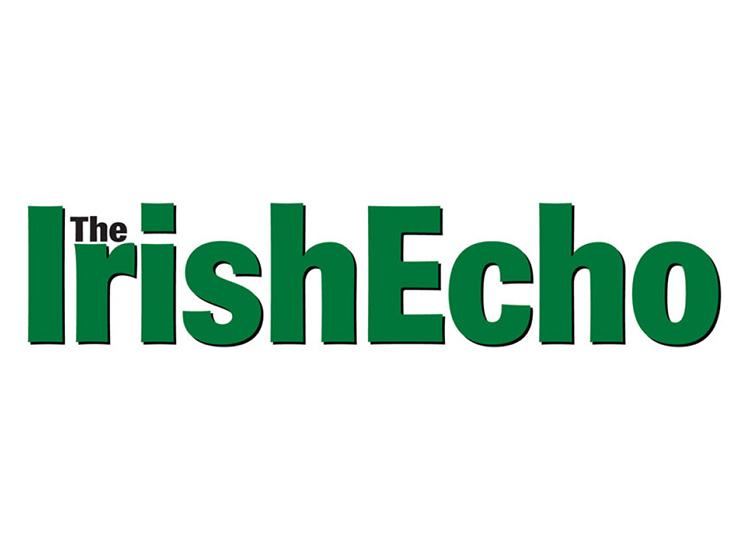The change of heart by Congressman Peter King with regard to the International Fund for Ireland has caused a stir on Capitol Hill. No surprise. the Long Island representative, who has created a simultaneous stir by flirting with a presidential bid, is never shy about stirring the pot.
And so we had this in the Washington Post: "In March, Obama signed a short-term spending resolution that included a handful of specific cuts, including one slashing $17 million for the International Fund for Ireland, a group that promotes peace and reconciliation between nationalists and unionists in the Emerald Isle.
"The cut marked a rare example of agreement between House Republicans, many of whom consider the program a poor use of U.S. money, and the White House, which zeroed out funding for the IFI in its 2011 budget request.
"But some government programs, like horror-movie villains, are stubbornly unwilling to die, even after they've gotten the ax, and now Rep. Peter T. King (R-N.Y.) is leading a group of lawmakers hoping to restore money for the IFI. That effort has renewed debate not just about the merits of the donation, but also whether it constitutes an earmark - or perhaps an Éiremark? - and thus should be prohibited under the House GOP's rules." An Éiremark! Not bad at all at all. Anyway, the Post report referred to the letter penned by King and Democrat Joe Crowley aimed at resurrecting the IFI money. The letter secured 19 co-sponsor signatures, the paper noted. Continued the report: "King said that Irish and British government officials strongly encouraged him to pursue the funding. 'I'm supporting it as much for diplomatic reasons as any,' he said." The Post now posed a question: "One of the first things Republicans did after taking over the House majority was to adopt a ban on earmarks. So does King's letter - requesting a specific amount of money for a specific group - violate that ban House rules, according to the report, define an earmark as "a provision or report language included primarily at the request of a Member providing, authorizing or recommending a specific amount of discretionary budget authority, credit authority, or other spending authority for a contract, loan, loan guarantee, grant, loan authority, or other expenditure with or to an entity, or targeted to a specific State, locality or Congressional district, other than through a statutory or administrative formula driven or competitive award process." At the most basic level, the Post report continued, "King's effort on behalf of the IFI involves a member 'recommending' money for 'an entity,' but of course it's not that simple." It went on state that the Appropriations Committee doesn't consider the IFI funding an earmark under House rules, this according to a panel aide.
"Under the new anti-earmark regime, the committee has been on the lookout for spending items that benefit specific companies or geographical locations, especially within members' districts. King may have been considered for U.S. ambassador to Ireland but he does not, in fact, represent Ireland." Citizens Against Government Waste does consider cash for the IFI an earmark, the report continued. Since 1986, the group noted on its Web site in April, the IFI has received nearly $500 million from the U.S. government. "This figure includes $281 million in earmarks identified by [CAGW] since 1995," the group wrote. Continued the Post: "For some earmark-watchers - a small but proud Washington breed - a dividing line exists between the projects that are requested in the president's budget and those that aren't. Obama didn't ask for the IFI funding in his 2011 budget but he did for 2012 (although his submission appears to ask for less than $6 million)." "Then there's the question of whether the IFI even wants the money. In its annual report for 2009, the group said it would not seek any more international contributions after 2010 (it has also received donations from the European Union, Canada, Australia and New Zealand). But the Irish economy's free-fall prompted the IFI to reverse course, and now it does want the cash." At this point, the story introduces a recently familiar name for Echo readers, Rep. Jason Chaffetz (R-Utah), who sponsored a stand-alone bill this year designed to kill the U.S. contribution to the IFI. Chaffetz, according to the report, acknowledged last week that he wouldn't necessarily consider that money an earmark. "He calls it something else: wasteful." Said Chaffetz: "If we can't kill this, we can't kill anything. I can't believe somebody's trying to bring this back." Well, not just somebody. It's Congressman Pete King, pot stirrer extraordinaire.








